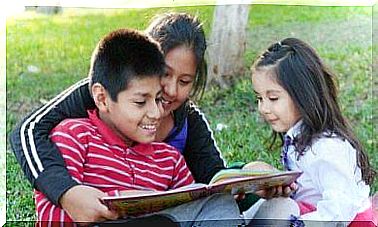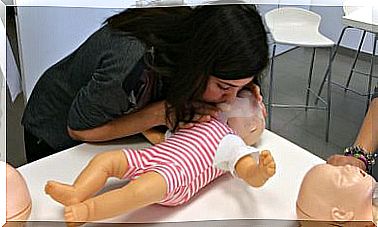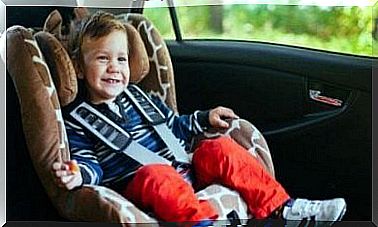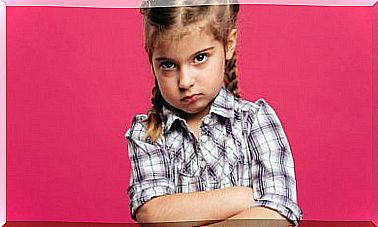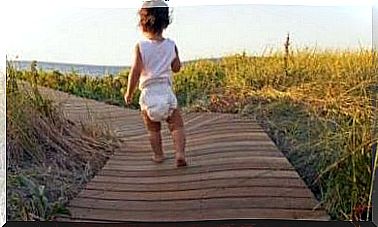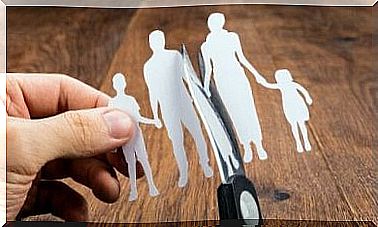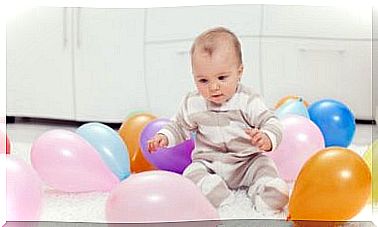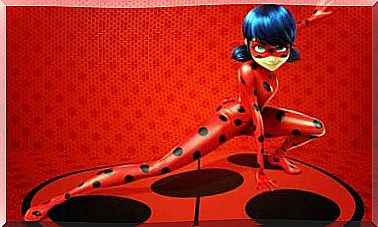Exercises For The Early Stimulation Of Your Baby
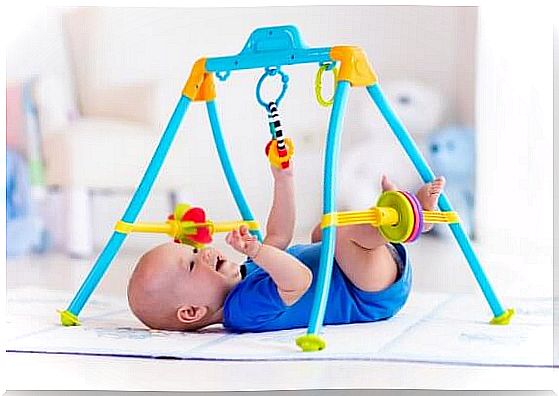
Early stimulation exercises are very simple, but they will help your child’s psychomotor and cognitive development.
These exercises are performed from birth up to the age of six. This period is also fundamental for the child’s personal development.
It’s best to start right after your baby is born so that they can enjoy all of the benefits and develop skills that will get better over time.
Which areas are funded with it?
The following four areas in particular are promoted with certain exercises:
- Fine motor skills: Developing fine motor skills in the hands and fingers is essential for many skills. With certain exercises, your baby can begin to discover different movements with their hands.
- Gross motor skills: This involves stimulating different areas of the body to improve motor skills: arms, legs and the body in general.
- Social-emotional development: This is primarily about developing the ability to relate to the environment and to show emotions.
- Language: Certain exercises promote the child’s ability to speak and respond.
The intensity of early stimulation depends on the age of the child. With a newborn baby you only do very gentle exercises, which are then expanded and intensified with increasing age.
Early stimulation of children
We will then explain various early stimulation exercises that are intended for three different age groups. Variations can be introduced depending on the age of the child.
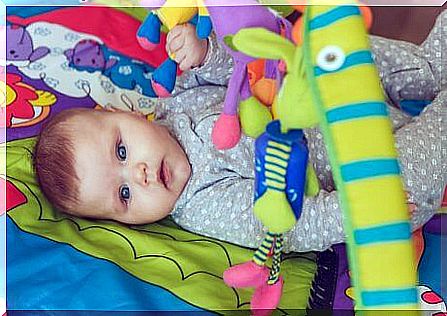
Early stimulation exercises for newborns
- So that your little darling learns to hold things, give him a rattle, for example, and help him move it in different directions with his hands.
- You can stimulate your baby’s face by placing your hands on their forehead, nose, or lips and then gently pulling them apart in both directions.
- Give your child shiny items that will grab their attention.
- Kisses, caresses, and loving conversations with your baby will help him develop his social skills.
- From the age of 4 months you start to move the body: The child should try to turn from the prone position to the supine position or to move further.
- Stretch and bend his arms and legs.
- If the child is a little older, you can continue with the same exercises, but make them a little more complicated and intense.
Early stimulation exercises for children between 1 and 3 years of age
Once your little one is a year old, you can use different textures. Now is the time to explore new things in order to develop your perceptual skills.
- At this age, the child should start moving on their own. Draw his attention to a toy that you place near him. Encourage your child to approach the toy on their own.
- Identification games are also important so that the child gets to know different objects. For example the body parts, numbers, colors …
- The use of music in these games will also improve the child’s memory.
- Your child can already learn simple tasks: for example, how to tidy up toys, go to the toilet, get dressed or undressed … At the same time, they learn to behave correctly.
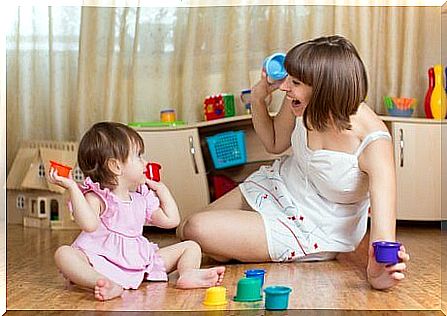
Early stimulation exercises for children 3 to 6 years old
- Use simple puzzles to help your child learn to put the pieces together and train their thinking skills.
- With music, it can improve its motor skills through body movements. Show your little one simple dances that they can remember well.
- Let your child draw and ask them what is in the picture. It can learn to talk about its feelings.
- Your child can now also carry out simple tasks: throw things in the right trash can, take a spoon out of the drawer, etc.
- To help develop their imagination, you can use soft toys and share stories with your child.
- Your child’s relationship with others is also important. It should have the opportunity to play with other children. In doing so, too, it can develop important skills.
